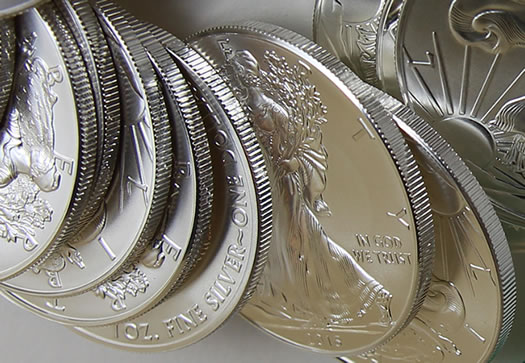Currency Futures
Currency Future Concept and Regulatory Framework in India
With the introduction of currency futures in India, lot of interest has arisen among the investors, small exporters, importers, foreign exchange earners and people associated with banking sector. This article aims to provide an overview on the basics of derivatives in the context of currency futures in India and a brief outline of regulatory framework.
Basic Concepts of Derivatives
A derivative is a financial product that derives its value from one or more variables, called as bases or underlying. Derivative is a financial instrument designed to replicate an underlying asset for transferring risk. The underlying asset can be an equity, index, interest rate, currency and commodity.
Derivative products are widely used as instruments of risk management. With the help of derivative products, it is possible to transfer price risks partially or fully by locking in asset prices. If you are a risk-averse investor, you can minimize the risks associated with uncertainties arising out of fluctuations in the asset prices. You can potect your profitability and cash flow situation by locking in the asset price.
Currency Derivatives: Exporters may wish to sell Rupee (importers may wish to buy Rupee) at a future date to eliminate the risk of change in the price of Rupee. This is an example of currency derivative transaction. Here the underlying asset is Rupee, which derives its value from spot price of Rupee. Currency forwards, currency futures and currency opions are most widely used currency derivative products.
Currency Futures and Currency Forwards: Currency future or currency forward is a contract or an agreement between two parties to buy or sell currency at a certain time in future at a certain price.
Currency Future Vs Currency Forward
| Currency Future | Currency Forward |
| It is a standardized contract with fixed maturity date and fixed quantity (lot or size) as defined by the exchange | It is a customized contract where the parties can negotiate terms and conditions |
| It is an exchange- traded contract that is available for trading on recognized exchanges such as NSE (National Stock Exchange), BSE (Bombay Stock Exchange) and MCX (Multi-Commodity Exchange) Stock Exchange | It can traded on OTC (over the counter) markets through authorized dealer network of RBI (reserve Bank of India) such as scheduled banks or licensed foreign exchange dealers. OTC markets operate through private negotiations on inter-bank networks. |
| Exchanges (through clearing corporations) provide performance guarantee against counter party credit defaults | Counter party defaults or credit risks exist |
| Trades are anonymous i.e. the buyer does not know who is the seller | Parties to the trades are known |
Currency Future and Regulatory Framework in India
Hitherto, foreign exchange trading in India was under the regulatory control of RBI (Reserve Bank of India – Central Bank in India). Currency derivatives and hence currency futures are securities as defined under Securities Contracts (Regulation) Act, 1956 and thus governed and regulated by SEBI under SCR Act, 1956.
After the introduction of currency futures trading in India, now there are two regulatory agencies RBI and SEBI (Securities and Exchange Board of India). Foreign exchange is under the regulatory control of RBI under Foreign Exchange Management Act, 1999 (FEMA) and Currency futures is under the regulatory control of SEBI. In order to sort out the issues arising out of overlapping of jurisdiction of currency futures, SEBI-RBI joint committee has been formed for overall coordination purposes. RBI has amended FEMA regulations, 2000 by Foreign Exchange Management (Foreign Exchange Derivatives Contracts)(Amendments) Regulations, 2008.
In Conclusion:
INR Currency future is an excellent tool for investors, speculators, hedgers and arbitrageurs. Visit this website again to read an informative article on “Currency Futures Trading for Hedging, Speculating and Arbitrage”










